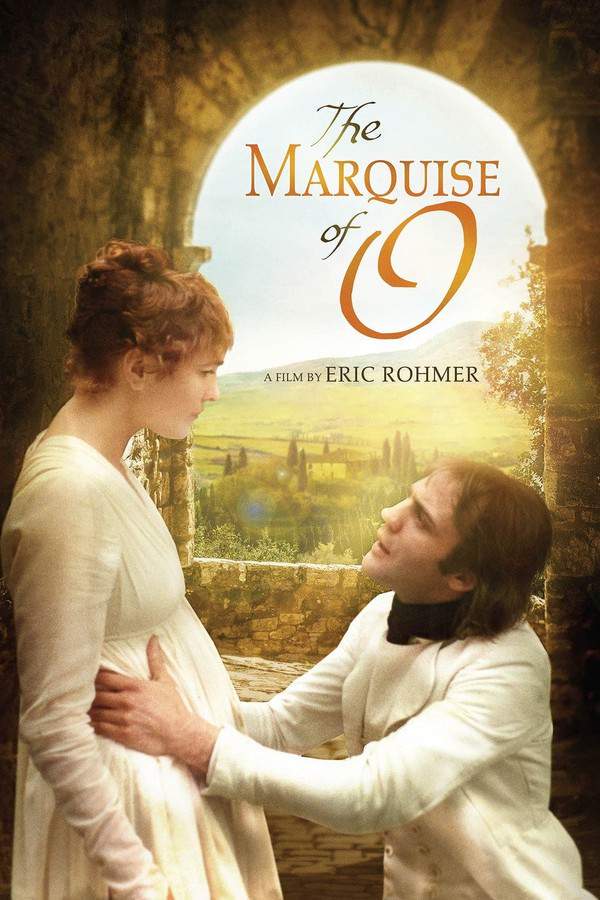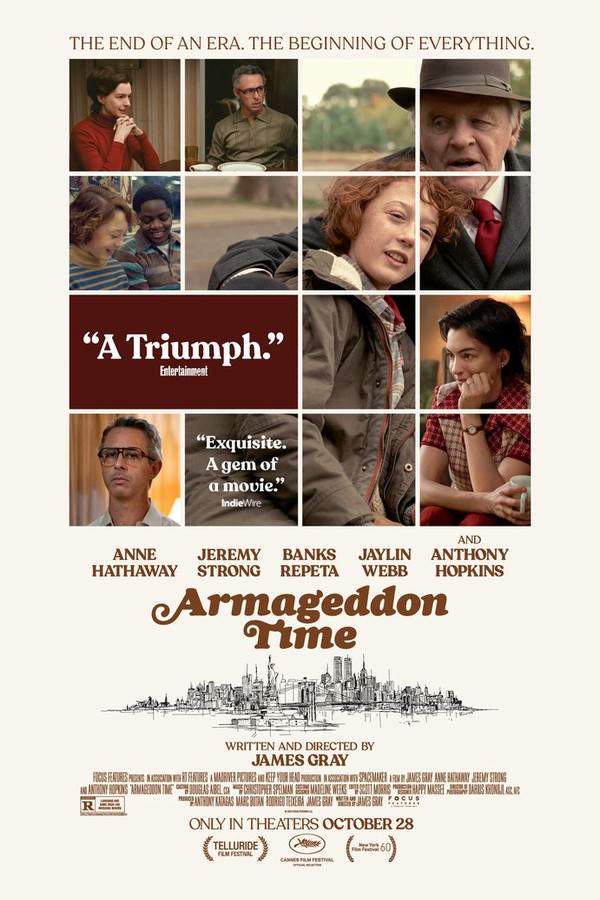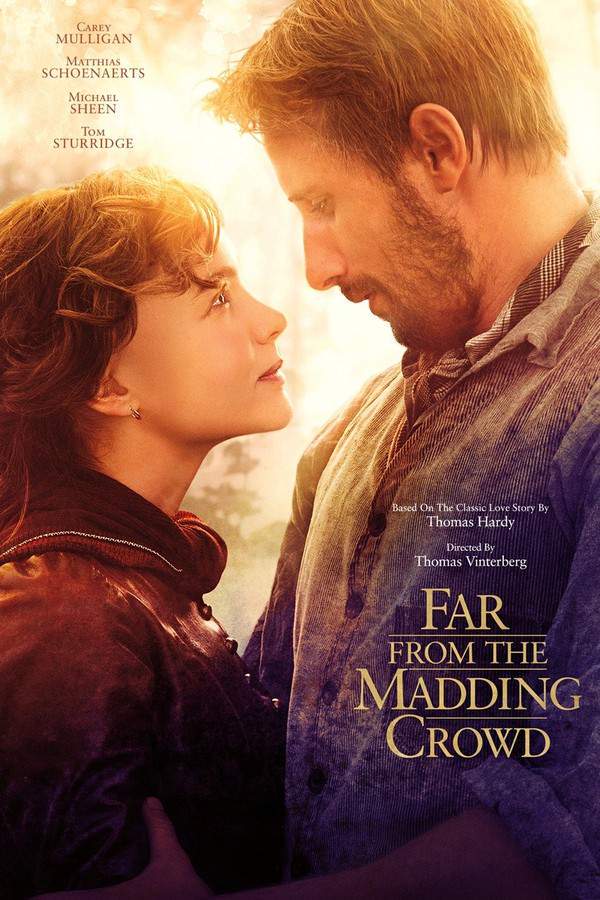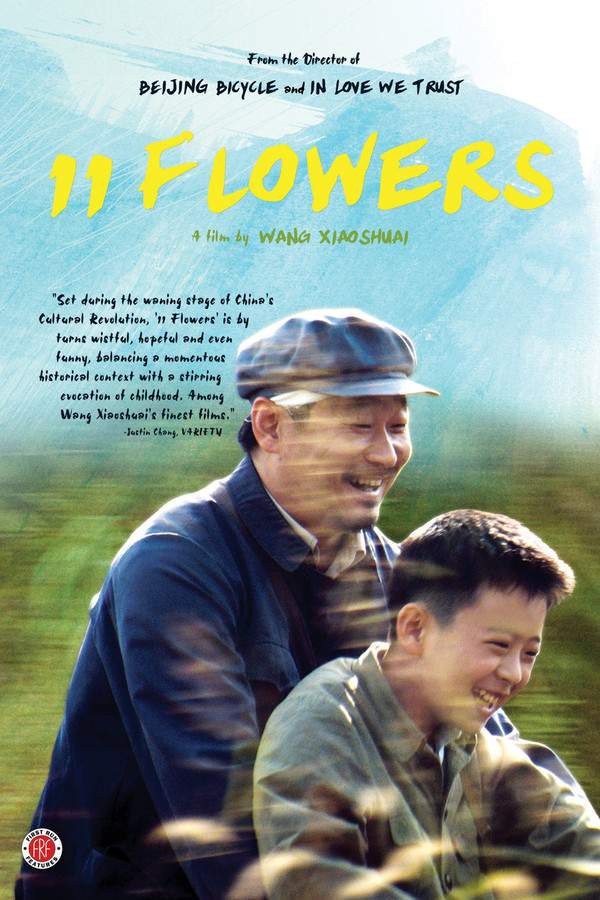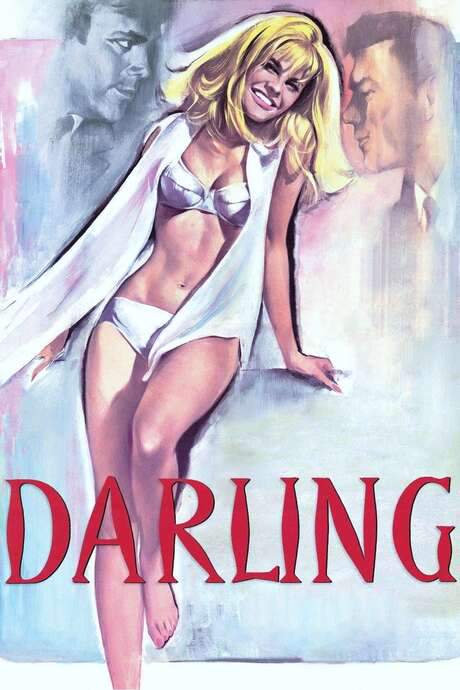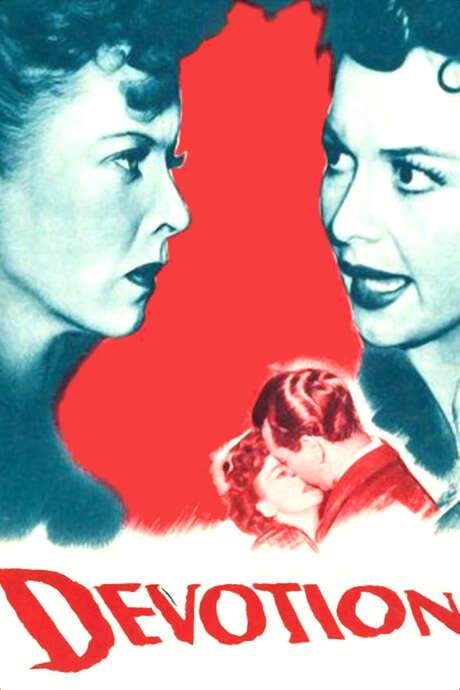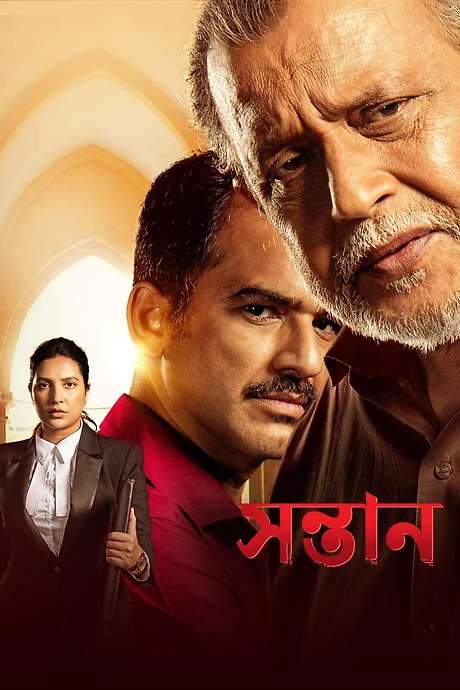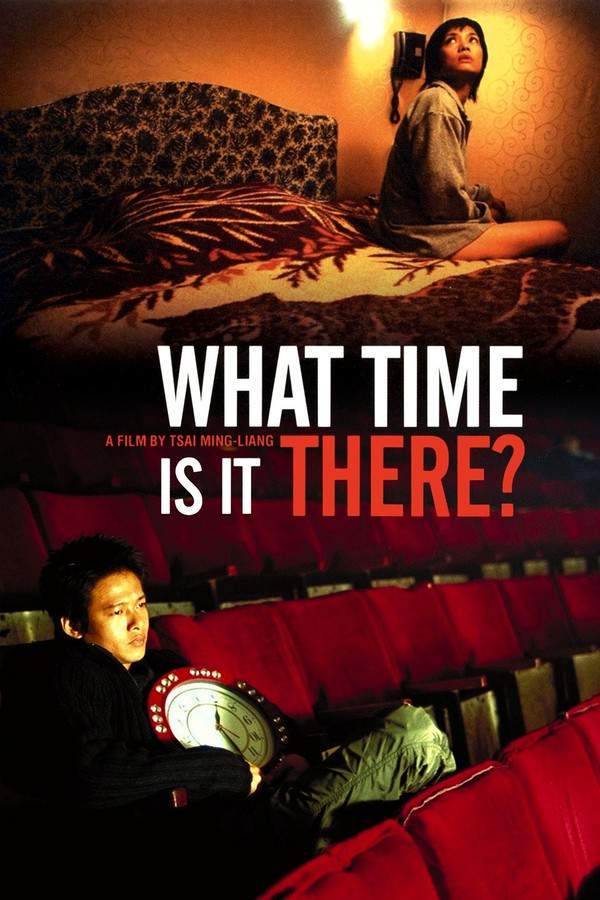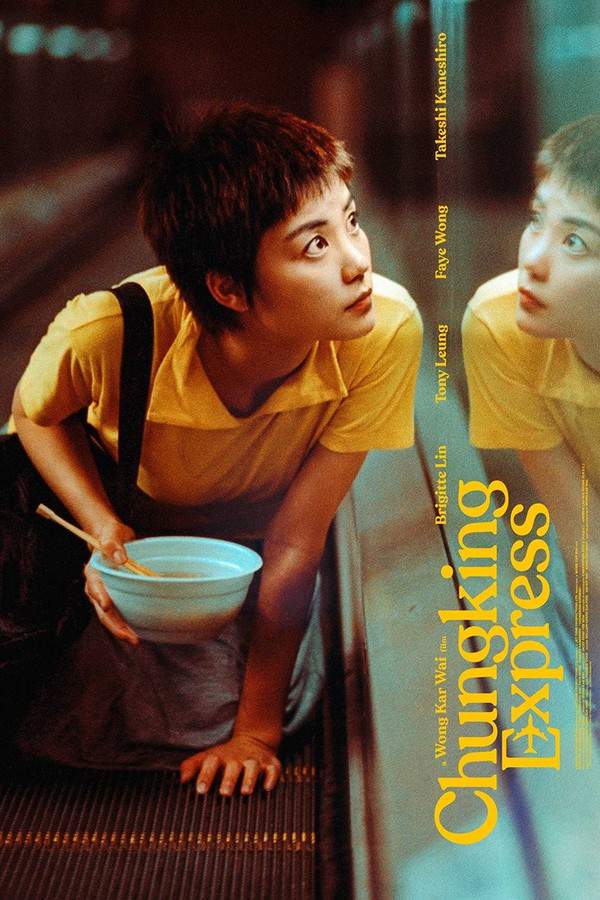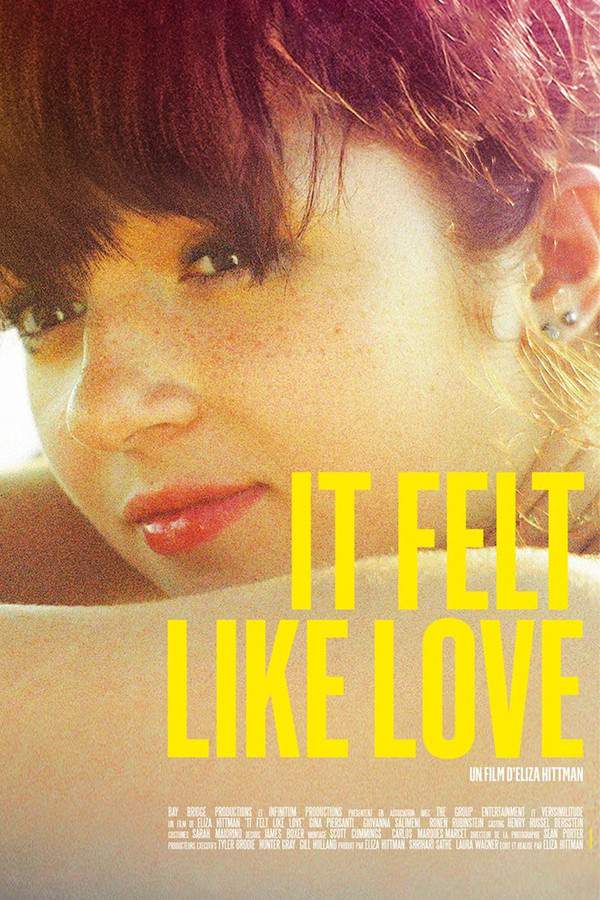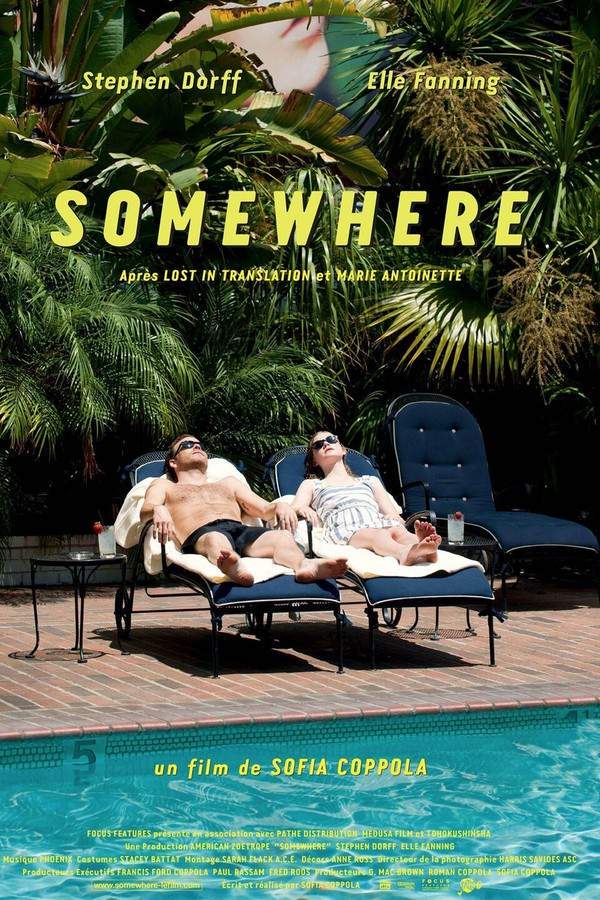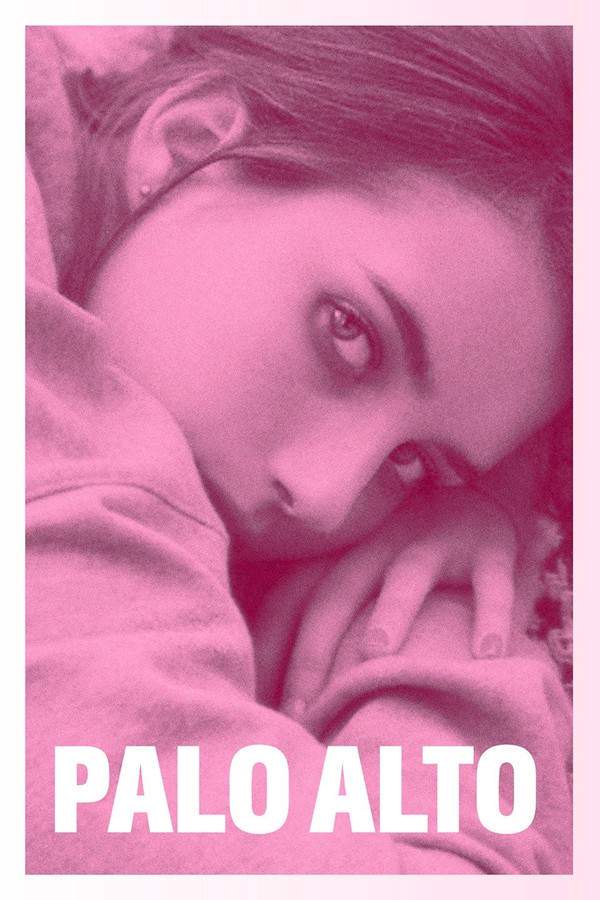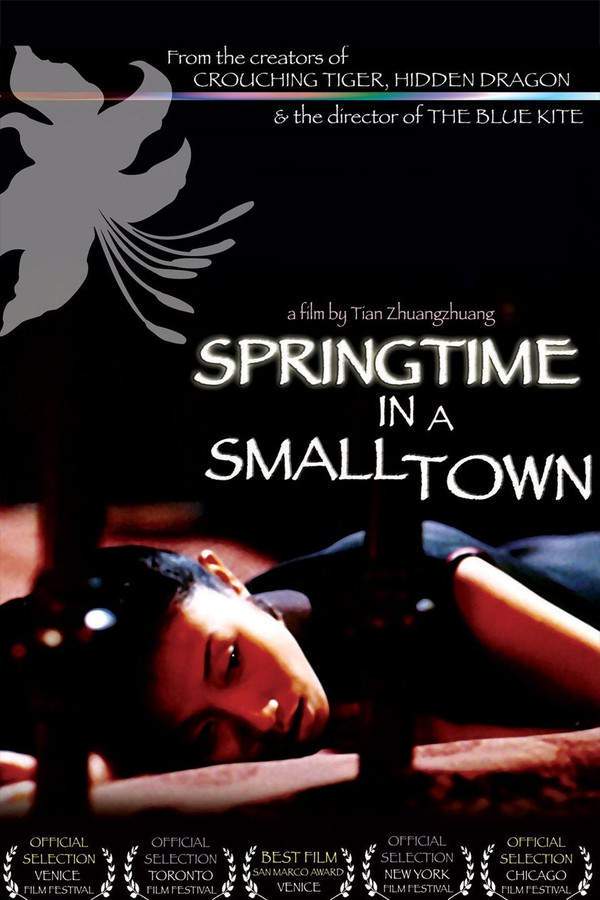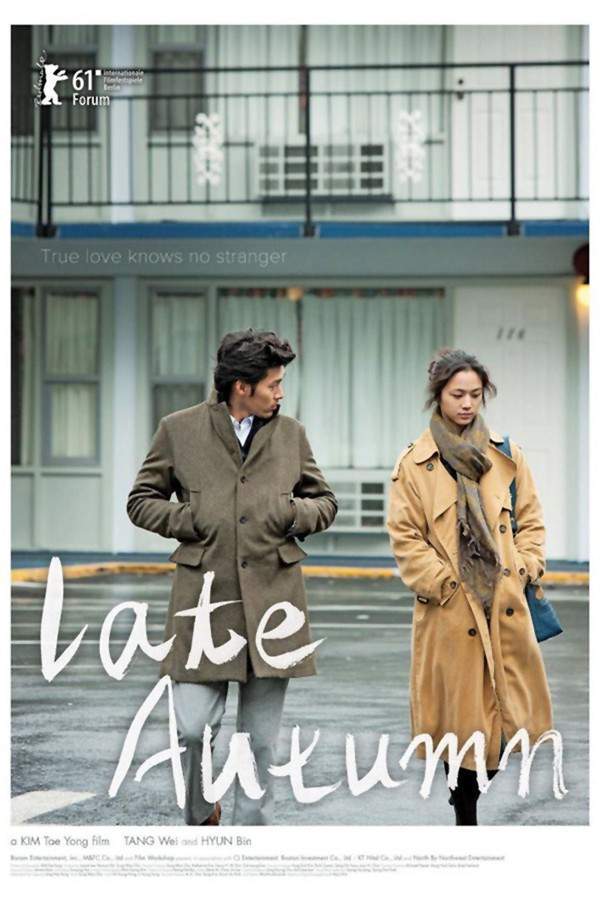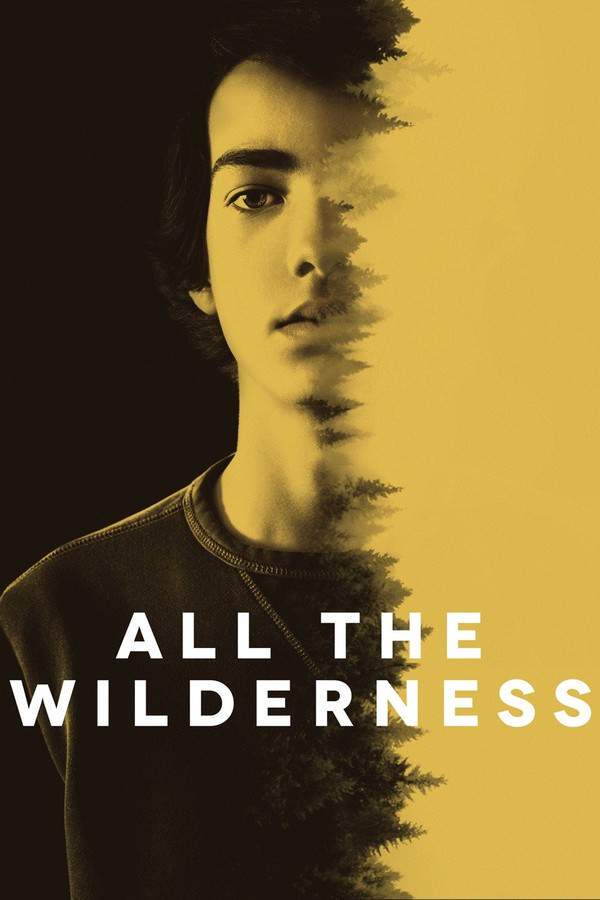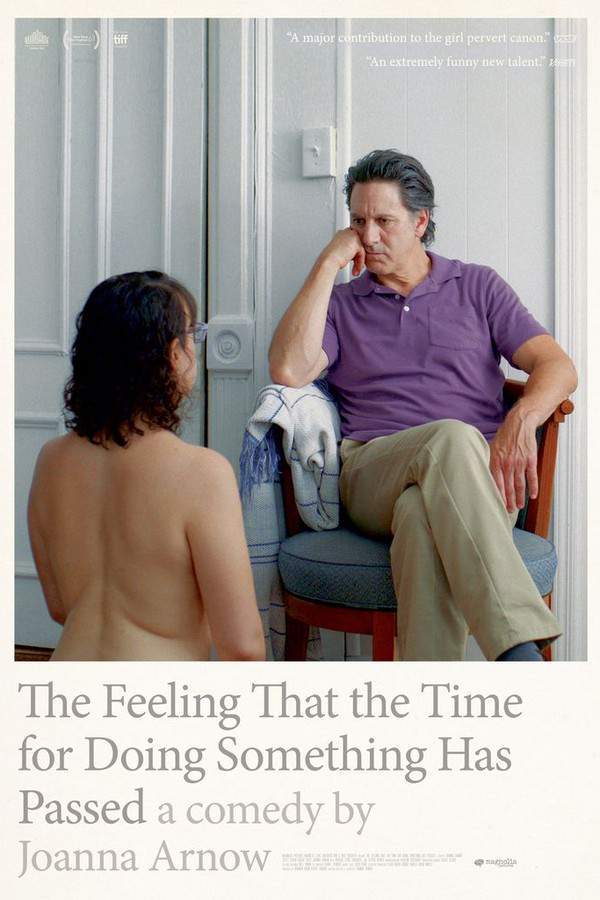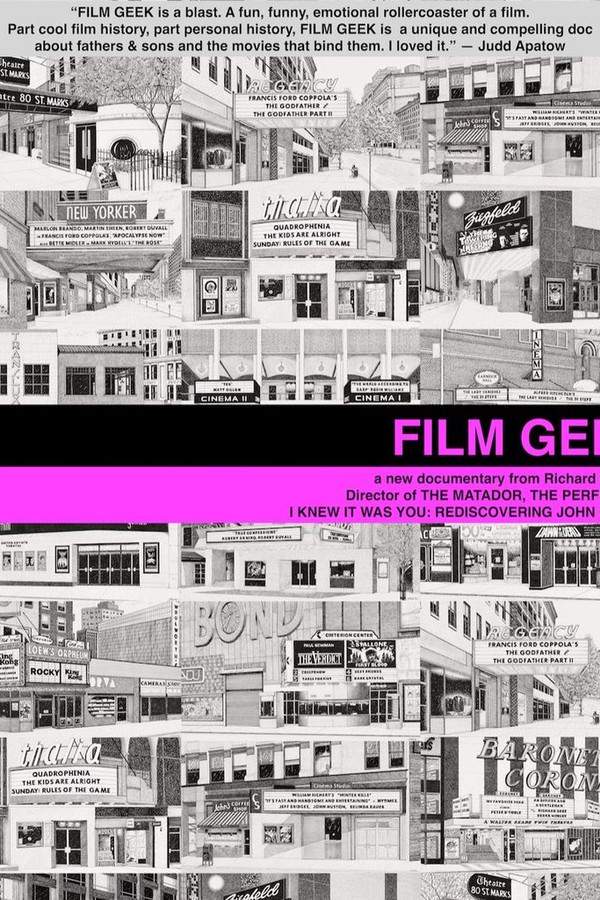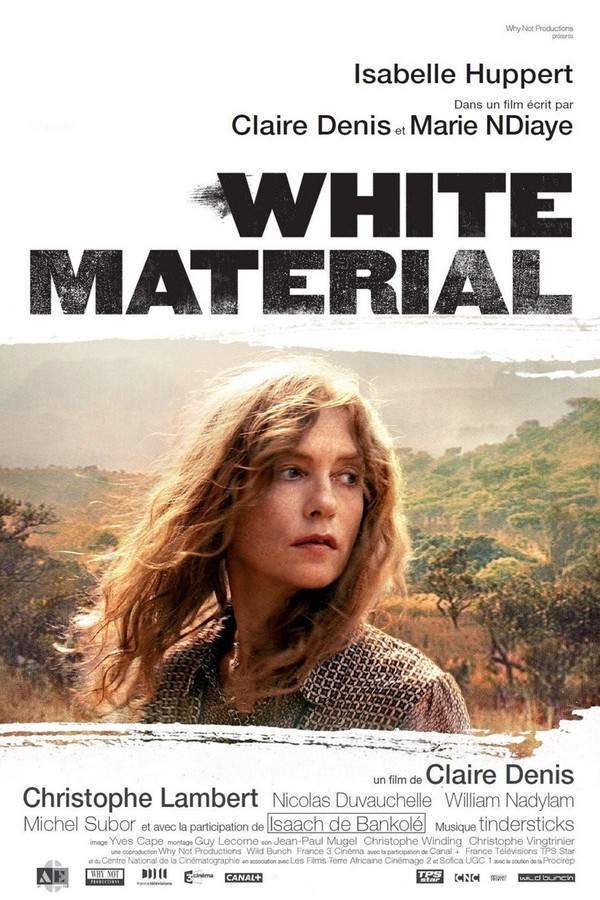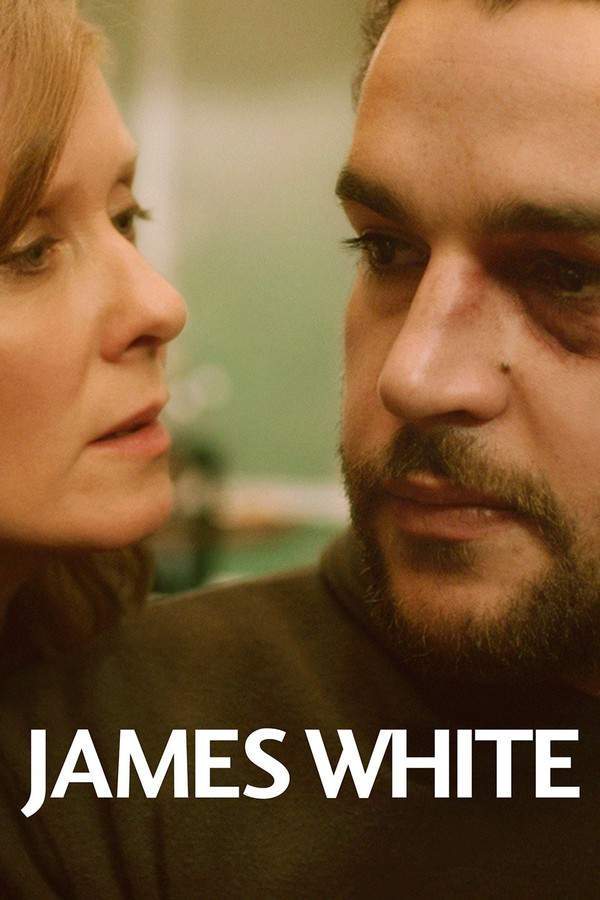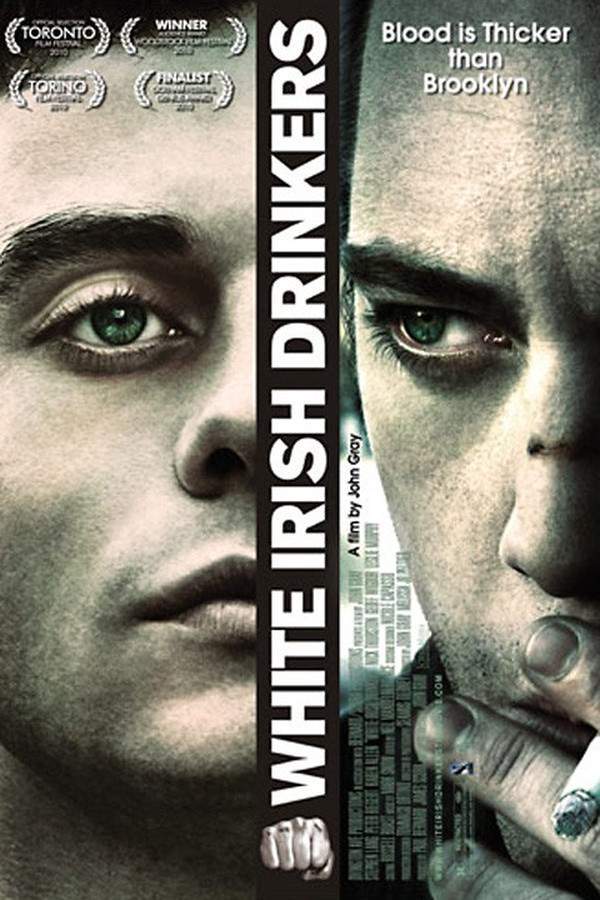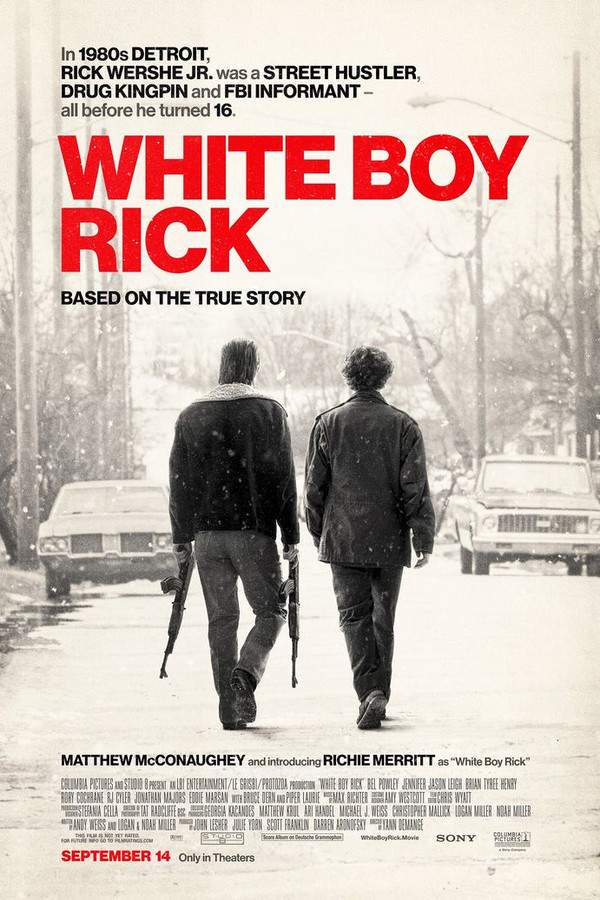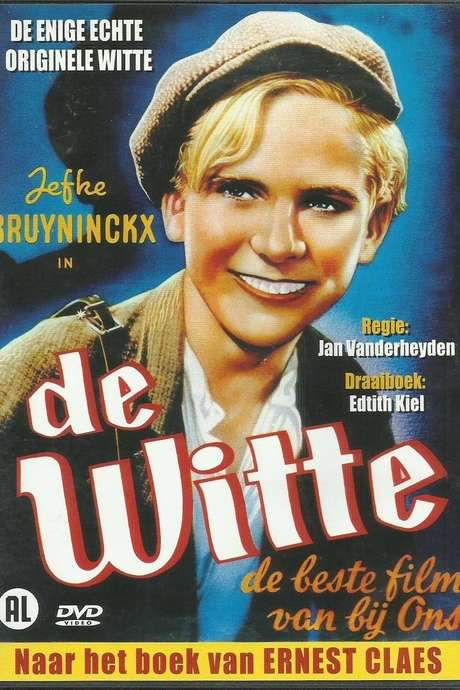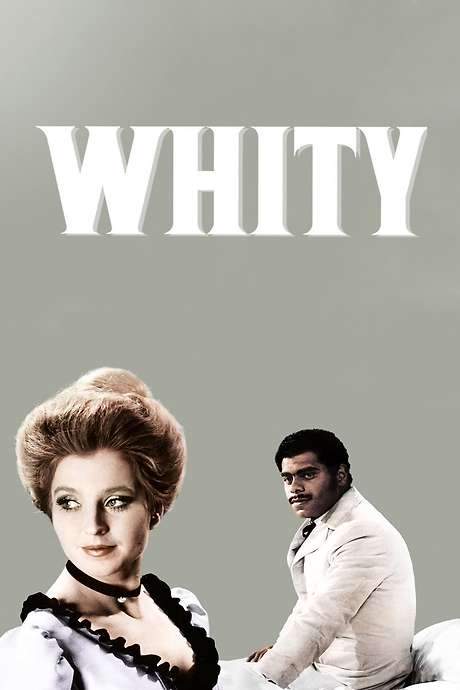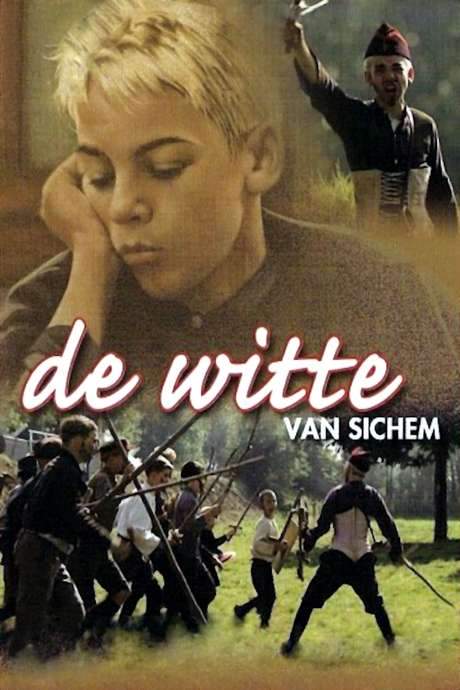
Whitey
Year: 1980
Runtime: 106 mins
Language: Dutch
Director: Robbe De Hert
The colour adaptation of Ernest Claes’ Flemish novel, named after the blond‑haired boy whose nickname means “the White”. A clever but disobedient farmhand’s pranks anger teachers, his father’s landlord and the curate. When his mother catches him skinny‑diving she strips his clothes, forcing a humiliating walk home fearing his father’s wrath. The film highlights the story’s social and Flemish themes.
Warning: spoilers below!
Haven’t seen Whitey yet? This summary contains major spoilers. Bookmark the page, watch the movie, and come back for the full breakdown. If you're ready, scroll on and relive the story!
Whitey (1980) – Full Plot Summary & Ending Explained
Read the complete plot breakdown of Whitey (1980), including all key story events, major twists, and the ending explained in detail. Discover what really happened—and what it all means.
The film is set in and around Sichem in 1901, focusing on Louis Verheyden, an 11-year-old boy who lives with his parents and two brothers on a farm. His mother is irritable and grouchy, and his father works for the landowner Coene, rarely being home except for dinner. The family dynamic is tense: Louis endures his father’s occasional blows, and he is bullied by his brothers Nis and Heinke. School is a miserable place for him, largely because of a severe teacher who believes in harsh discipline. Corporal punishment is common in this era, and pupils are cuffed, scolded, or even locked away for misbehavior.
Louis is a mischievous child who stirs up trouble in small, cheeky ways: giving wrong directions, trying to haggle for money from his brothers, tying people to chairs during church, stealing smoking materials from Coene, instructing family members to salt the potatoes excessively, and chasing Coene’s horses. Almost every scheme ends with punishment, and one of the most humiliating moments comes after he goes skinny-dipping in the river Demer; when his mother discovers him, Louis is forced to return home naked after his clothes are taken away. The tension at home and at school pushes him toward bigger fantasies and braver but reckless actions.
A turning point comes when Coene sends Louis to the nearby Averbode Abbey to deliver a package. There, he is struck by the beauty inside—the serene Gregorian singing, the lush garden, and the bustling printing establishment. This glimpse of a more ordered world plants a seed of curiosity and possibility in him. Later, during another punishment in the cellar, Louis discovers books by Hendrik Conscience and becomes obsessed with The Lion of Flanders and the Battle of the Golden Spurs. His imagination turns him into a tiny warrior, as he coerces his friends into reenacting a battle, with some of the children ending up injured and their mothers and the local priest rushing to intervene. The scene pulls Louis further into a world of heroism and danger, even as his own body and voice betray him.
Desperation drives his mother to send Louis and Heinke on a pilgrimage, hoping to curb his unruly streak. The journey leads them into a street brawl between the police and socialist supporters, forcing them to flee into a pub. The pub, it turns out, is run by socialists. Heinke Verheyden, a Catholic, tries to impress the female bartender by boasting about his political leanings, which Louis sees as blasphemy and uses as leverage against his friend. He threatens Heinke by threatening to expose his relationship with his girlfriend Liza Coene.
The year culminates in the annual fair. Louis tricks his brother by claiming their mother has promised to give him 15 Belgian Cents. At the fair, he reunites with his mother and, once again, ends up with more money, prompting their furious father to demand that Louis work for Coene to repay the extra sum or be sent to a community home. In the midst of this tension, Louis experiences two troubling incidents: a suicide attempt in the river and the end of Liza’s relationship with Heinke. The events escalate into a chaotic fight in a spiegeltent during the fair’s ball, leaving a lasting impression on Louis and his world.
The story then shifts forward to 1980, when a blond student who bears a striking resemblance to Louis appears in the printing establishment at Averbode Abbey. This look-alike is played by Eric Clerckx, who, with a different haircut, embodies the same restless spirit. He works in the same printing house, and when he drops a box, his boss scolds him. Inside the box lies the 117th reprint of the novel, “Whitey,” hinting at how Louis’s youthful curiosities echo through the ages and linger in the memory of the place.
Last Updated: October 09, 2025 at 14:51
Explore Movie Threads
Discover curated groups of movies connected by mood, themes, and story style. Browse collections built around emotion, atmosphere, and narrative focus to easily find films that match what you feel like watching right now.
Movies about oppressive childhoods like Whitey
Young protagonists endure systemic pressure and punishment in unforgiving communities.If you were captivated by the harsh upbringing in Whitey, this collection features similar movies about children navigating punitive societies. Discover other powerful dramas and historical films that explore rebellion, punishment, and the struggle for identity in unforgiving rural or traditional settings.
Narrative Summary
Stories in this thread typically follow a young protagonist's episodic struggles against the authoritative pillars of their community—be it a strict father, a punitive school, or a dogmatic religious institution. The narrative is often a series of confrontations and humiliations that slowly chip away at the character's innocence, highlighting the tension between individual spirit and societal constraints.
Why These Movies?
These films are grouped together due to their shared focus on the melancholic and gritty experience of childhood under oppression. They feature a steady, observational pacing that allows the weight of the environment to settle on the viewer, and often possess a medium to high emotional weight centered on themes of rebellion, punishment, and resilience.
Melancholic coming-of-age stories like Whitey
Bittersweet and reflective stories looking back at a difficult childhood.For viewers who appreciated the reflective and bittersweet mood of Whitey, this list curates similar melancholic coming-of-age movies. Find other dramas that capture the complex emotions of looking back on youth, blending nostalgic imagery with the honest pain of growing up.
Narrative Summary
The narrative pattern often involves a framing device or an overall tone of reminiscence, where the story of youth is told with a blend of affection for the setting and sadness for the hardships endured. The journey is less about a clear triumph and more about capturing the ambiguous, lasting emotional imprint of early life experiences.
Why These Movies?
This thread connects films through a specific emotional mix: a nostalgic atmosphere layered over a core of melancholy. The pacing is typically steady, allowing for reflection, and the endings often feel ambiguous or bittersweet, leaving the viewer with a complex sense of loss and memory rather than simple closure.
Unlock the Full Story of Whitey
Don't stop at just watching — explore Whitey in full detail. From the complete plot summary and scene-by-scene timeline to character breakdowns, thematic analysis, and a deep dive into the ending — every page helps you truly understand what Whitey is all about. Plus, discover what's next after the movie.
Whitey Timeline
Track the full timeline of Whitey with every major event arranged chronologically. Perfect for decoding non-linear storytelling, flashbacks, or parallel narratives with a clear scene-by-scene breakdown.

Characters, Settings & Themes in Whitey
Discover the characters, locations, and core themes that shape Whitey. Get insights into symbolic elements, setting significance, and deeper narrative meaning — ideal for thematic analysis and movie breakdowns.

Whitey Spoiler-Free Summary
Get a quick, spoiler-free overview of Whitey that covers the main plot points and key details without revealing any major twists or spoilers. Perfect for those who want to know what to expect before diving in.

More About Whitey
Visit What's After the Movie to explore more about Whitey: box office results, cast and crew info, production details, post-credit scenes, and external links — all in one place for movie fans and researchers.

Similar Movies to Whitey
Discover movies like Whitey that share similar genres, themes, and storytelling elements. Whether you’re drawn to the atmosphere, character arcs, or plot structure, these curated recommendations will help you explore more films you’ll love.
Explore More About Movie Whitey
Whitey (1980) Scene-by-Scene Movie Timeline
Whitey (1980) Movie Characters, Themes & Settings
Whitey (1980) Spoiler-Free Summary & Key Flow
Movies Like Whitey – Similar Titles You’ll Enjoy
White Material (2010) Ending Explained & Film Insights
James White (2015) Plot Summary & Ending Explained
White Irish Drinkers (2011) Film Overview & Timeline
White Boy (2002) Detailed Story Recap
The White Sound (2001) Movie Recap & Themes
A White, White Day (2019) Full Movie Breakdown
White Journey (1980) Film Overview & Timeline
White Hot (1988) Film Overview & Timeline
White Wedding (1989) Detailed Story Recap
White Bird (2023) Full Summary & Key Details
White Flame (1930) Spoiler-Packed Plot Recap
Whitey (1934) Movie Recap & Themes
White Courage (2024) Story Summary & Characters
The Boy with White Skin (2024) Film Overview & Timeline
Whity (1971) Film Overview & Timeline

